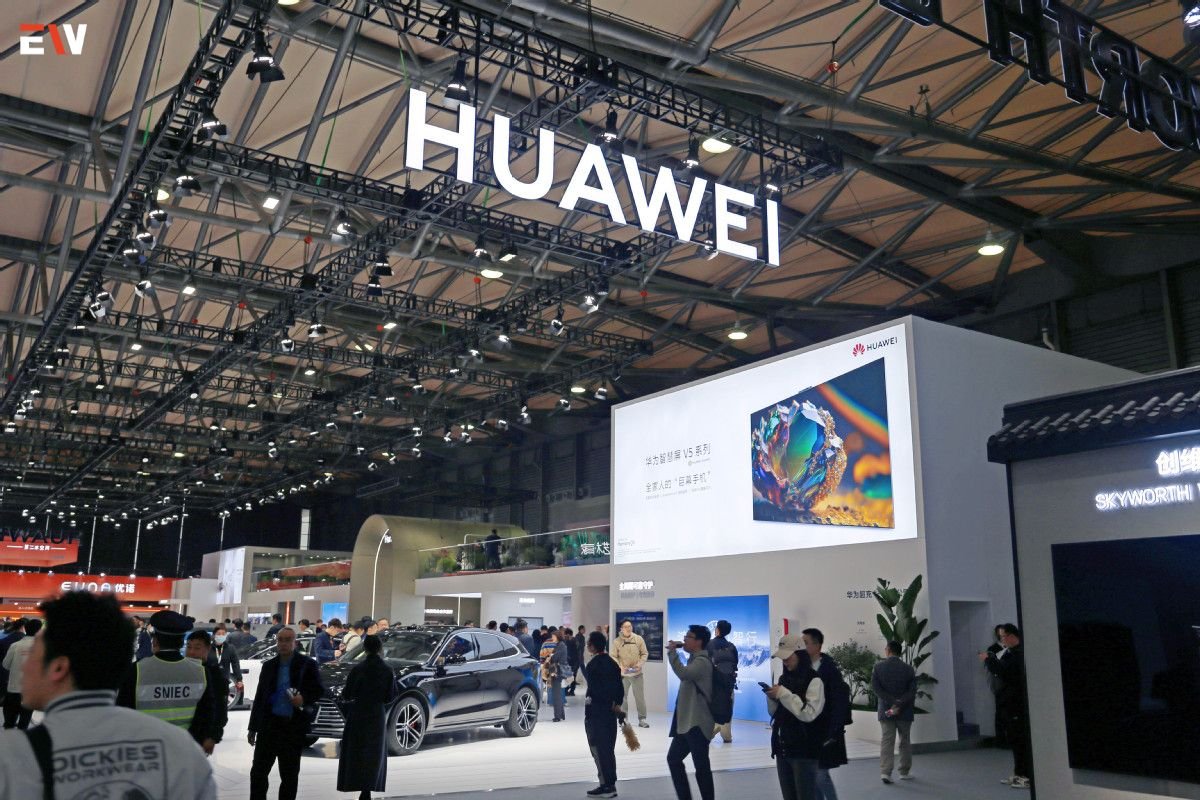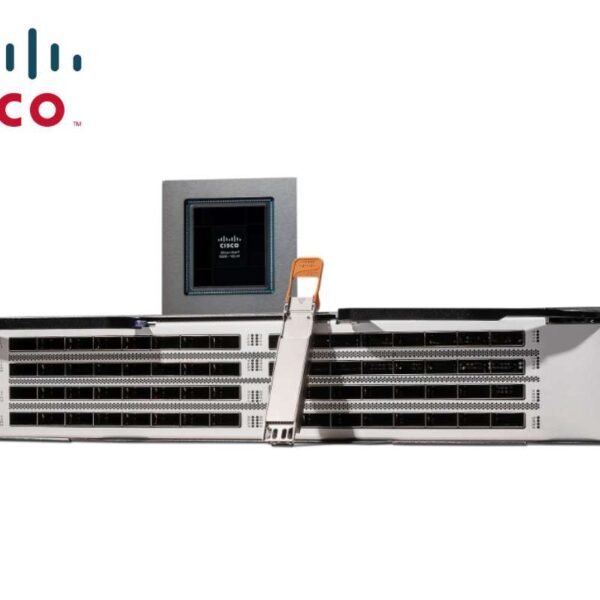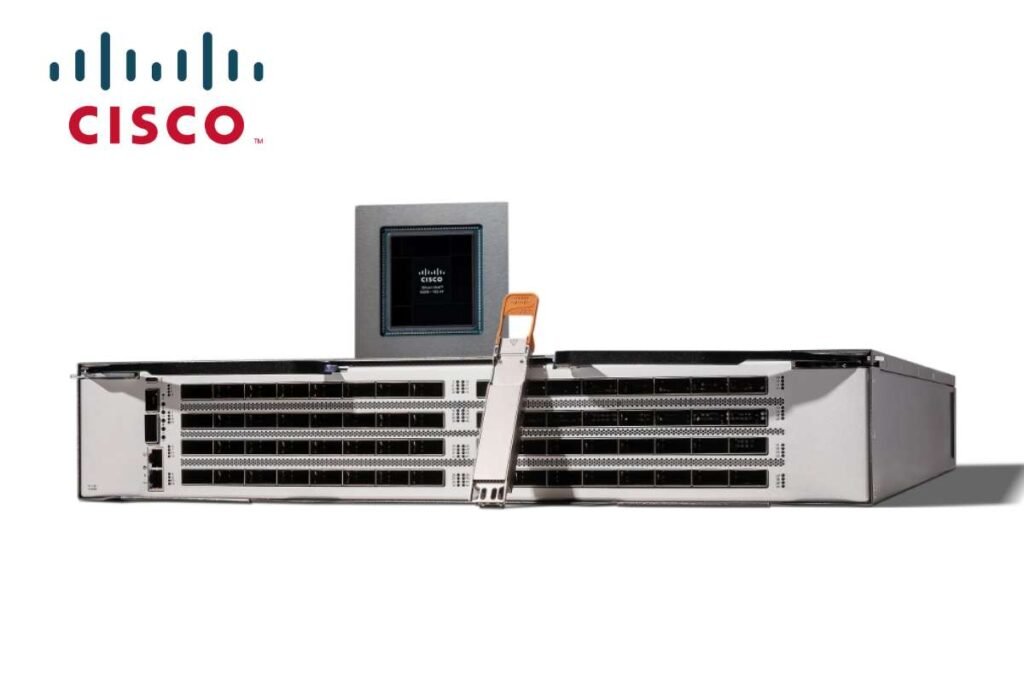Source – China Daily
Rapid Growth in User Base
Huawei Technologies Co. has achieved a significant milestone with its HarmonyOS (operating system), now installed on approximately 900 million consumer devices. This marks a substantial increase from recent months, underscoring Huawei’s robust expansion despite facing U.S. sanctions. Richard Yu, Chairman of Huawei’s consumer business, revealed these figures at an annual developer forum, highlighting a 72% surge in premium smartphone sales during the first five months of 2024.
Competing with Apple in the Chinese Market
The success of Huawei’s smartphones, particularly since the launch of the Mate 60 Pro featuring advanced 7-nanometer processors, has bolstered the company’s profitability and market share. Huawei has capitalized on its technological advancements to compete fiercely with Apple Inc. and other Chinese rivals, significantly boosting profits and expanding its consumer base.
“No one can extinguish the starlight in the sky. Today, the future of HarmonyOS is set,” stated Richard Yu, emphasizing Huawei’s confidence in the continued success and innovation of its operating system.
Future Plans and Innovations
Looking ahead, Huawei plans to introduce the Mate 70, its next flagship smartphone, by the end of the year. This model is expected to run on HarmonyOS Next, which will further distance Huawei from Google’s Android platform. A beta version of HarmonyOS Next is slated for release to consumers around August, signaling Huawei’s commitment to technological independence and innovation.
Huawei has extended HarmonyOS beyond smartphones to other products such as wearables and smart TVs. In the first quarter alone, Huawei shipped approximately 11 million wearables, surpassing competitors like Samsung Electronics Co., according to IDC. This expansion has enabled HarmonyOS to overtake Apple’s iOS in terms of market share in China, driven primarily by the increasing popularity of Huawei smartphones, according to Counterpoint Research.
Advancements in AI and Chipmaking
Huawei is also making strides in artificial intelligence with its Ascend GPU, part of a growing portfolio of chips that have drawn recognition from industry leaders. The company’s efforts in developing local alternatives to powerful AI accelerators, amidst restrictions imposed by the U.S., are pivotal to Beijing’s ambitions of advancing in AI and chip manufacturing.
Richard Yu highlighted that Huawei’s Ascend processors are 1.1 times more efficient in training AI models compared to mainstream offerings, showcasing the company’s commitment to advancing AI capabilities. Huawei has established three AI data centers in China powered by Ascend chips, supporting local firms in developing and hosting AI services.
Huawei’s aggressive expansion and technological advancements underscore its determination to thrive despite geopolitical challenges, positioning itself as a formidable competitor in global markets, particularly against tech giants like Apple and Nvidia. As Huawei continues to innovate with HarmonyOS and AI technologies, industry analysts are keenly watching its impact on the global tech landscape.










